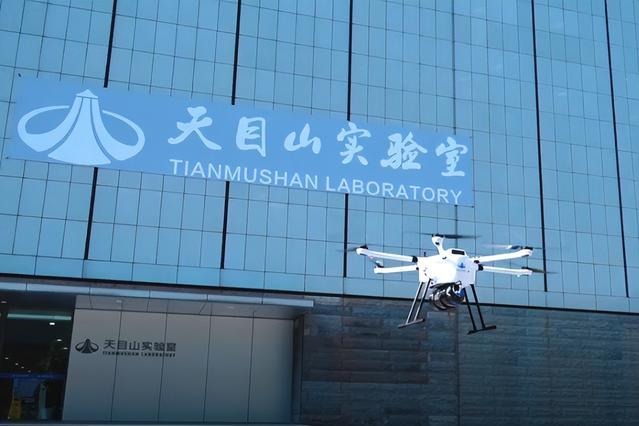Global flight turmoil as fire cuts power to Heathrow

LONDON — Britain's Heathrow Airport was shut on Friday after a huge fire at a nearby electrical substation knocked out its power, disrupting flight schedules around the world.
Around 70 firefighters were tackling the blaze in the west of London, which also knocked out the area's backup power system, leading to a mass outage at Heathrow — Europe's busiest and the world's fifth-busiest airport.
The fire brigade said the cause of the fire was not known, but that 25,000 liters of cooling oil in the transformer had caught fire. It had brought the blaze under control by the early morning. Energy Minister Ed Miliband said it did not appear to be foul play.
Heathrow had been due to handle 1,351 flights on Friday, flying up to 291,000 passengers. The closure forced flights to divert to other airports in Britain and across Europe, while many long-haul flights simply returned to their point of departure.
Industry experts warned that some passengers forced to land in Europe may have to stay in transit lounges if they lack the visa paperwork to leave the airport.
Global flight schedules will also be affected, as aircraft and crews will now be out of position, forcing carriers to rapidly reconfigure their networks.
Airline experts said the last time European airports experienced a disruption on such a large scale was the 2010 Icelandic ash cloud that grounded some 100,000 flights.
The cost of the impact could total around 20 million pounds ($26 million) a day, said Paul Charles, a travel consultant, with no guarantee that Heathrow will reopen on Saturday given the vulnerability of the airport's power supply.
Miliband said the fire had prevented the power backup system from functioning and that engineers were working to deploy a third backup mechanism, adding the government was working to understand "what, if any, lessons it has for our infrastructure".
Experts pointed to potential weaknesses in Heathrow's power backup plans. "(An) airport will have multiple electrical routes to feed it and to see them all wiped out is highly unusual," Tim Green, head of the department for electrical and electronic engineering at Imperial College London, told Sky News.
Agencies Via Xinhua
Today's Top News
- The 33rd APEC Economic Leaders' Meeting to be held on Nov 18-19 in Shenzhen
- Strengthening domestic demand central to China's new five-year plan
- China's grain output tops 714 million tons in 2025
- China proposes theme, priorities for 2026 APEC 'China Year'
- Reforming consumption rules to fully unlock spending
- Conference sets economic priorities for 2026






























